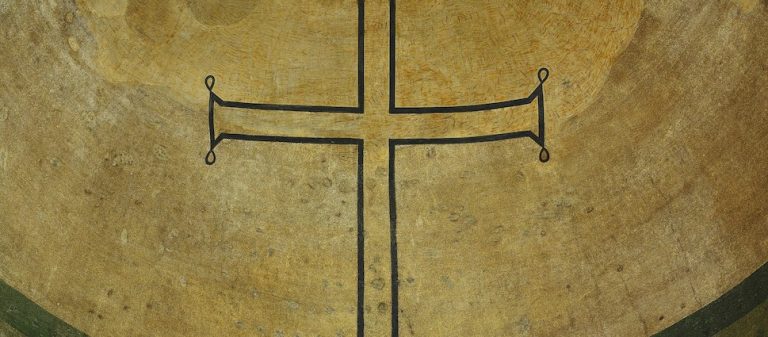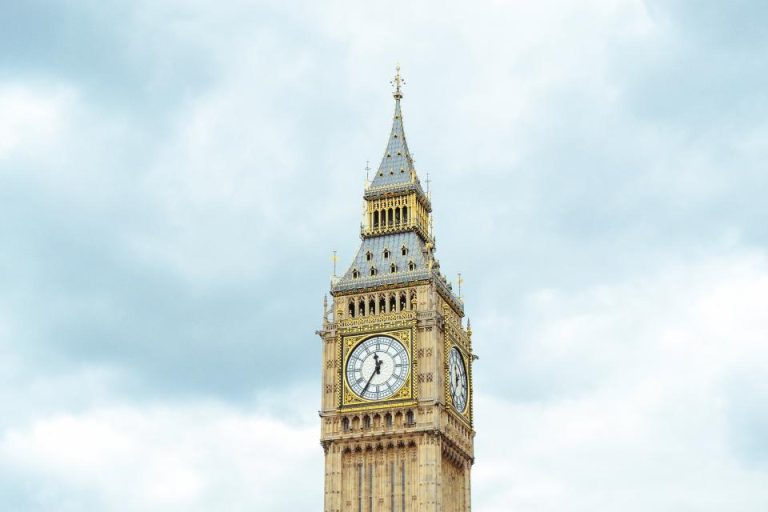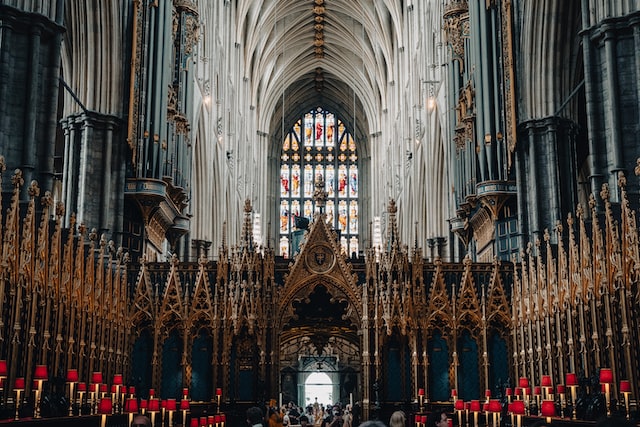
The Anglican Conscience (2)
“So Jesus also suffered outside the gate in order to sanctify the people through his own blood. Therefore let us go to him outside the camp and bear the reproach he endured.” (Hebrews 13.12-13)
- They could not conscientiously declare “…unfeigned assent and consent” to the 1662 Book of Common Prayer that the Act required them to do. If they had been asked to assent to the book in the sense of accepting it for regular use, they might have felt free to do so (after all, it was virtually the same book they had used up to 1640). But the words, ‘…unfeigned assent and consent” seemed to them to give a degree of approval which they dare not undertake since the Book still retained wording in ceremonies that could not be subtantiated by Scripture and to which they had been taking exception to to for over a century. They could not so perjure themselves.
- They could not abjure as an “…unlawful oath” the Solemn League and Covnenat of 1645 (an undertaking to further reform the Church of England so as to bring it closer into line with other Reformed churches). Even those who were not presbyterian could not see anything constitutionally unlawful or theologically wrong with the oath. Again, therefore, rather than risk perjury, the declined to abjure.
- The Act required that they declare it unlawful to take up arms against the king and to bind themselves never to do it. In light of the Civil War this requirement was understandable, but the finality of the oath to never take up arms meant they would have to accept any form of royal absolutism. Here too, conscience compelled them to pause.
- The Act required that English clergy who had not received episcopal ordination should be episcopally ordained immediately. To accept this requirement would not only condemn their own previous ministries as invalid, but also to condemn by implication all non-episcopal ministries of Protestant Christendom throughout the world; and this they could not do.
What Packer suggests here is that these Anglican Puritan ministers were conflicted. It was their consciences against their vocations as visible ministers of the gospel. They decided that the could not even appear to compromise on biblical principles for which they had stood in the past without discrediting themselves, their calling, and their previous teaching. As one minister wrote, “…had the ministers conformed, people would have thought there was nothing in religion, and that it was only a thing to be talked of in the pulpit.” Rather than appear to be trying to find ways to contextualize the wording of the Act and perhaps rob the gospel of its power, they withdrew. And they suffered and some died in the 27 year long Great Persectution that followed.
























